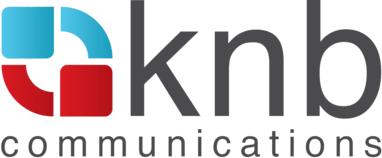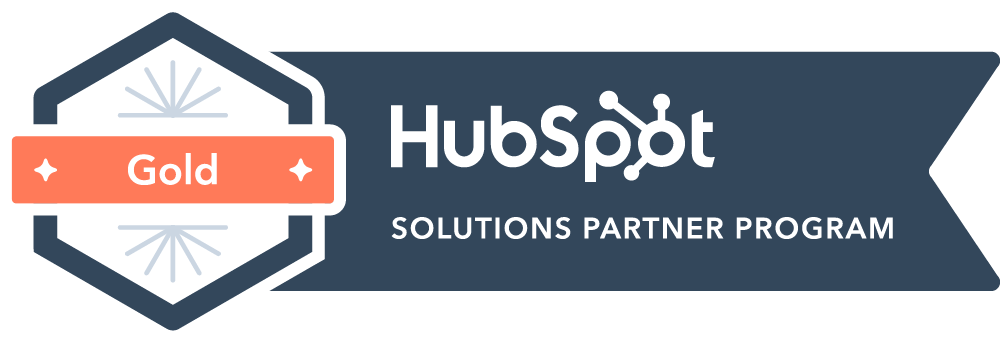In the highly competitive realm of B2B health tech and life sciences marketing, establishing and maintaining credibility is paramount. The rise of AI-powered content generation has introduced a new dimension to marketing, one that requires strict adherence to ethical standards and transparent communication with your audience. Current society harbors a healthy distrust of AI, and thus, over-disclosure at the present time is the most responsible way of handling AI involvement. Society's fear of feeling fooled or tricked by learning later that content they enjoyed was created by a non-human is a legitimate concern. However, as comfort levels with AI grow, such prominent disclosure may not be as necessary. In this blog, we will delve into current best practices for disclosing AI-generated content and explore the evolving landscape where disclosure may evolve in the future.
The significance of disclosure in healthcare marketing
Within the healthcare marketing landscape, trust and credibility are the foundation upon which successful campaigns are built. With AI's growing role in content creation, it's imperative to inform your audience about the process behind the content. Our target audiences in particular tend to be naturally intelligent and skeptical; they may feel deceived by content that is not explicitly labeled as AI-generated. Thus, transparency becomes paramount, aligning seamlessly with the ethical standards of the healthcare sector.
When to disclose AI's role
The question often arises: when is it appropriate to disclose the use of AI in content creation? While using AI for research or planning may not always necessitate disclosure, it becomes crucial when AI plays a substantial role in content generation. The prevailing concern around AI underscores the need for clear and upfront disclosure when AI significantly contributes to the content's creation. It’s a somewhat subjective standard, but err on the side of caution.
How to clearly and explicitly disclose substantial AI involvement
Choose clear and concise language
When crafting your disclosure statement, opt for clear and concise language. Avoid jargon or technical terms that may confuse your audience. Instead, explicitly state that AI technology substantially contributed to the content creation process.
Strategic placement
Consider the strategic placement of your disclosure. It should be prominently displayed, ensuring that readers have the opportunity to encounter it while engaging with the content. Placing the disclosure at the outset of an article or in the introduction is the gold standard, but even placing the disclosure at the end of the article or in a copyright attribution notice is acceptable. In cases where AI substantially contributed to data analysis or research, make mention of it in the methodology section or as a footnote, ensuring complete transparency.
Evolving trust and disclosure
As society's comfort levels with AI grow, the need for such prominent disclosure may decrease. In the future, AI-generated content may become more widely accepted, and readers may become less concerned about its origin. However, until that time arrives, responsible over-disclosure remains the ethical choice.
Building trust through transparency
The Sports Illustrated incident serves as a stark reminder of the repercussions of failing to disclose substantial AI involvement. To protect your brand's credibility and maintain trust with your audience, always be forthright about the substantial use of AI in content creation. By doing so, you not only uphold ethical standards but also solidify trust with your audience. In the healthcare marketing arena, where trust is the currency of success, transparency is the key to long-term credibility and growth.
AI disclosure
In alignment with our commitment to transparency, we want to disclose that this blog post was substantially generated with the assistance of artificial intelligence technology. Our team of healthcare experts collaborates closely with AI to ensure accuracy and relevance for our valued readers in the health tech and life sciences sectors.





.svg)
.svg)





